Scientific papers
Lubrication plays a crucial role in tablet manufacturing, particularly during the ejection and take-off phases. It serves to minimize friction between the tablet and the metal surfaces of the die and punches, preventing common issues such as capping, lamination, and adhesion to the tooling.
However, it is well-established that lubricants can potentially have adverse effects on tablet physical properties. They may interfere with the bonding forces among compressed particles and impede water penetration, leading to defects in tablet mechanical strength and dissolution characteristics.
The careful selection of the lubricant, along with its concentration, and the consideration of blending parameters such as type, speed, and duration are critical aspects to be explored during tablet formulation.
Similarly, the impact of the press feeding system on powder lubrication should be assessed in the early stages of research and development. All these parameters collectively influence the lubrication process, subsequently affecting tablet properties.
The primary objective of this study was to investigate how the type of feeding system influences the tensile strength and ejection force of various formulations lubricated with magnesium stearate (MgSt).
Comments
Add a comment



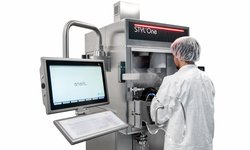
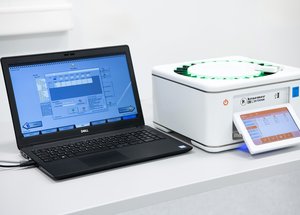

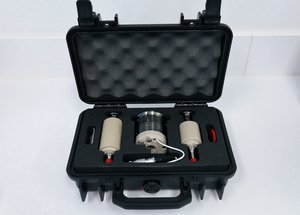

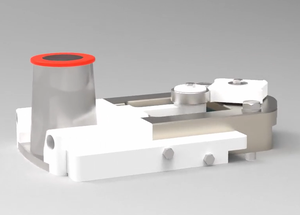
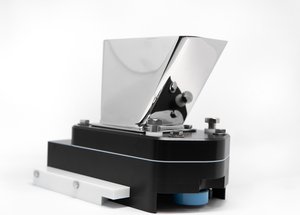






How can I get access to this PDF?
How I can get access to this PDF?